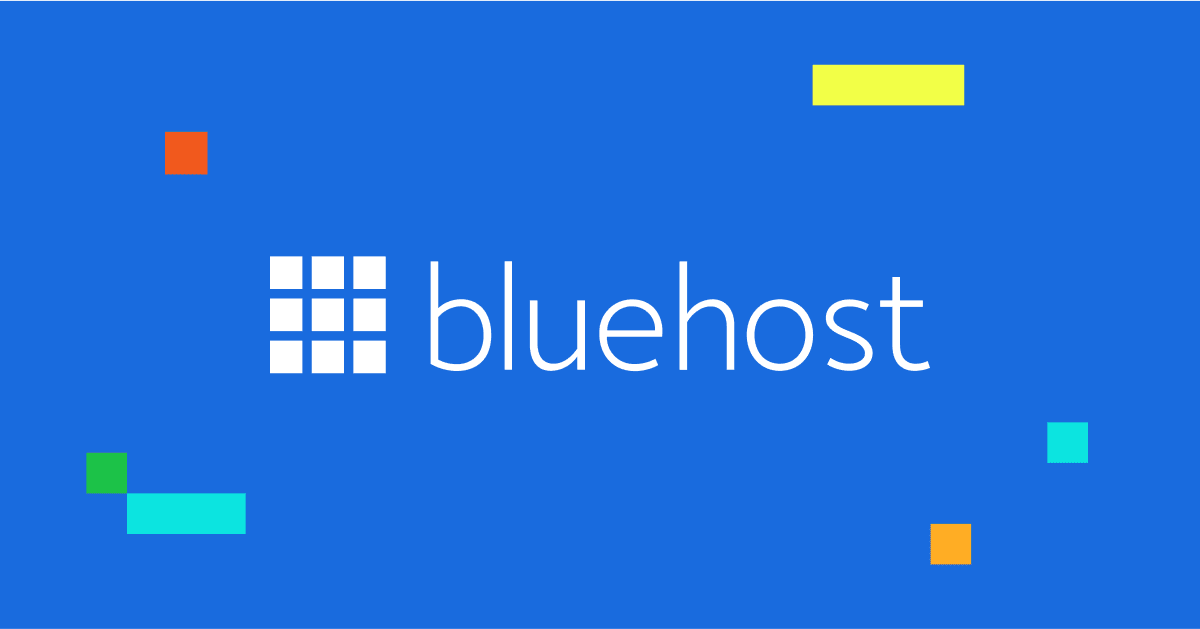Ever feel like your affiliate marketing efforts are stuck in first gear?
You’re writing blog posts, updating affiliate links, tracking performance and yet the growth just doesn’t match the hours you put in. The problem? Too much manual work and not enough systems.
Affiliate marketing works best when you treat it like a structured business, not a casual side gig.
That’s why successful affiliate marketers outsource and automate. They create lean, repeatable systems that run in the background, freeing up time for strategy and content that actually drives sales.
In this blog, you’ll learn:
- What tasks you can outsource to save time
- Which tools help you automate your workflows
- How to grow your affiliate business without chaos
- Common risks and how to avoid them
- How top affiliates use these methods to manage and grow their sales.
Why scaling matters in affiliate marketing?
Scaling isn’t just about growing faster it’s about staying competitive. Without delegation or automation, you’ll be stuck trading hours for small wins. As the market becomes more competitive, scaling helps you work smarter, publish more and stay ahead.
The industry trend toward automation
In 2025, most successful affiliates use AI-driven content creation, automated tracking and streamlined reporting to stay competitive. This isn’t just about saving time it’s about making decisions faster, spotting opportunities earlier and scaling without burning out.
Automation can handle tasks like publishing content to multiple platforms, sending pre-written email sequences and tracking conversions in real time.
When repetitive work runs on autopilot, you can focus on strategy, audience growth and creating content that drives commissions.
Learn more about automation strategies for small businesses that can also apply to affiliate marketing.
Benefits of scaling
Scaling your affiliate operations brings tangible advantages:
| Scaling benefit | Impact |
| Faster growth | More content, more links, better SEO consistency |
| Better campaign management | Easier to track links, analyze data and refine strategies |
| Higher output | Outsourcing lets you produce more without adding extra hours |
Challenges faced by solo affiliates or small teams
Affiliate marketing looks simple from the outside, but behind the scenes, it’s a juggling act. Common challenges include:
- Time constraints: Writing posts, creating content, tracking data and outreach all take time.
- Limited bandwidth: You can’t grow traffic, optimize content and test strategies at the same time.
- Burnout: Constantly switching tasks can drain creativity and focus.
Outsourcing with virtual assistants & freelancers
Delegating tasks is the first step to scaling without burning out. You don’t need a full-time in-house team, just the right freelancers or virtual assistants.
What to delegate?
Here are the top tasks affiliates outsource:
- Content creation: Blog posts, product reviews and landing pages.
- SEO research: Finding low-competition, high-ROI keywords
- Graphic design: Thumbnails, banners and social media creatives
- Video editing: YouTube or short-form video production
- Social media scheduling: Posting content consistently
Pro tip: Leverage AI for keyword research and copywriting. For example, you can use ChatGPT for SEO and save hours of your workflow.
Where to hire?
Several platforms help you connect with skilled talent based on your budget and needs:
| Platform | Best for | Pros |
| Upwork | All-around talent for long-term or short-term tasks | Secure payments, rating system |
| OnlineJobs.ph | Hiring VAs from the Philippines | Affordable rates, dedicated workers |
| FreeUp | Pre-vetted freelancers | Saves hiring time, curated matches |
Choose a platform based on your budget and the skills you need.
Best practices for outsourcing
- Vet candidates: Ask for samples, do short test projects.
- Create SOPs: Step-by-step guides for each task.
- Use task management tools: Trello, Asana or ClickUp for clarity.
- Set KPIs: For example, “3 blog posts/week” or “50 outreach emails/month.”
Automating affiliate workflows
Automation is the ultimate growth tool. Once repetitive tasks are off your plate, you can focus on growth strategies, high-value content and data-driven decisions.
Workflow automation tools
Popular automation tools used by affiliate marketers include:
| Tool | Purpose |
| Zapier | Connects apps like Gmail, Sheets and CRMs |
| IFTTT | Automates simple, conditional tasks |
| Make | Visual builder for complex automations |
Among above, most marketer use Zapier as automation tool as it connects apps like Gmail, Sheets and CRMs. You can also automate WordPress with Zapier to instantly publish posts, sync data and more.
Example automations:
- New form submission → added to CRM
- Blog post published → shared to social media automatically
- New lead captured → sends notification on Slack
Email and communication automation
Email marketing remains important in affiliate workflows. Here’s how automation helps:
- Onboarding sequences: Educate new subscribers on offers
- Performance segmentation: Send different content based on results
- Scheduled newsletters: Consistent updates for your audience
Tools like Klaviyo, MailerLite and ConvertKit make this easy.
Your step-by-step execution plan
Once you have understood the “why” and “what” of scaling, here’s a breakdown of how to actually implement it.
1. Task audit
Before hiring or automating, you need a clear view of what’s eating your time. Break down every task you do weekly and divide them into two categories:
| Task type | Examples |
| Repetitive tasks | Uploading blog posts, resizing images, sending outreach emails |
| Strategic work | Building affiliate partnerships, optimizing high-converting funnels, analyzing campaign data |
2. Hire & delegate
Once you know what to offload, move fast on hiring. Start with foundational tasks like:
- Weekly blog post publishing
- YouTube or video editing
- Graphic design for promotions
- Affiliate partner research and CRM updates
Platforms like Upwork and OnlineJobs let you filter by skill, location and hourly rate. For affiliate-focused tasks, look for candidates with experience in:
- WordPress
- Email tools (MailerLite, Klaviyo)
- CRM systems like HubSpot or Notion
- Affiliate software like Refersion, PartnerStack or AffiliateWP
3. Implement automation
You don’t need a tech team to automate your workflows. Most tools today are user-friendly and beginner-safe.
Here’s a sample setup:
- New affiliate form → triggers welcome email (via Klaviyo or ConvertKit)
- Blog post published in WordPress → auto-published to social media via Buffer or IFTTT
- New lead captured → added to CRM via Zapier → notification sent on Slack
Start small with 2–3 workflows. Focus on:
- Affiliate onboarding
- Content scheduling
- Payout and reporting automations
4. Monitor & improve
Automation and delegation aren’t “set it and forget it.” You need to monitor results and optimize regularly.
Define clear KPIs:
| KPI | Purpose |
| Content output | Number of blog posts, videos, social creatives published weekly |
| Conversion rate | Click-through and purchase % from affiliate links |
| Affiliate response time | Time it takes to respond to inquiries or onboard new partners |
| Tool ROI | Cost vs. value delivered by automation platforms or freelance hires |
Review cadence:
- Weekly check-ins with your team or VAs
- Monthly assessment of automation performance
- Quarterly review of freelance contributions and cost-effectiveness
Use Google Data Studio, Notion dashboards or your affiliate software’s built-in analytics to track trends over time.
Also read: How to Make AI Text Undetectable in 2025
Risks & how to mitigate them
Scaling smartly also means planning for pitfalls. Here’s how to protect your systems, team and budget:
Quality control
Outsourcing content or outreach can backfire if standards aren’t clear.
- Create SOPs (Standard Operating Procedures) for every delegated task
- Start with a pilot project to test skills before committing long-term
- Use content templates and brand voice guides for consistency
Data security
As more people gain access to your tools or site:
- Use NDAs with freelancers handling sensitive information
- Rely on platforms with role-based permissions (e.g., Bluehost for WordPress roles)
- Use tools like LastPass or 1Password to share login access without exposing credentials
Budget management
Delegation and automation cost money but smart scaling protects your ROI.
- Start with just 1–2 freelancers or basic tools (free plans of Zapier, MailerLite, Canva)
- Track revenue contribution per task (e.g., X blog posts = Y clicks = Z commissions)
- If a hire or tool isn’t justifying its cost, reassess or replace
Benefits of scaling through smart delegation
Here are the real-world advantages marketers report after implementing smart outsourcing and automation systems:
- Higher output – More posts, videos and social content without extra hours.
- Time savings – More focus on partnerships and strategy.
- Growth-ready systems – SOPs + automation allow easy scaling.
- Better communication – Tools and VAs keep things running smoothly.
Final thoughts
Scaling your affiliate business is about working smarter, not longer. Outsource repetitive tasks and automate key workflows so you can focus on creating content, building trust and testing strategies that boost conversions.
For Bluehost affiliates, this approach means more time for promotion and growth without the burnout. Small, consistent improvements lead to a system that runs smoothly and grows your commissions year-round.
Log in to your Bluehost Affiliate dashboard and start applying these strategies today.
FAQs
Not anymore. Most modern tools are designed for drag-and-drop use and require no coding.
For example:
1. Zapier: Connects apps with a few clicks
2. MailerLite: Automates email sequences visually
3. Uncanny Automator (for WordPress/Bluehost users): Connects plugins without writing code
If you can use Canva or Google Docs, you can set up automation. Start small, one Zap at a time.
Yes. But only if you provide a clear brief. Include:
1. Target audience info
2. Brand voice examples
3. Internal links and product focus (e.g., which Bluehost feature to mention)
4. keywords (optional)
Start with a test article, give detailed feedback and refine your process. Over time, freelancers will mimic your tone and strategy effectively.
Data security is non-negotiable. Here’s how to stay safe:
1. Use NDAs (non-disclosure agreements) with every new hire
2. Share access through password managers like LastPass, not via email
3. Assign limited WordPress roles
4. Use affiliate tools with permission-based dashboards
You don’t need to give full access to everything; just what’s needed to do the job.
Absolutely! In fact, that’s the ideal setup for most growing affiliate marketers.
1. Let automation handle repetitive processes (like scheduling emails or reporting).
2. Use freelancers for creative, relationship-based or decision-heavy tasks.
Example: An automation tool can collect affiliate applications → a VA reviews them → you only step in for final approval.



Write A Comment